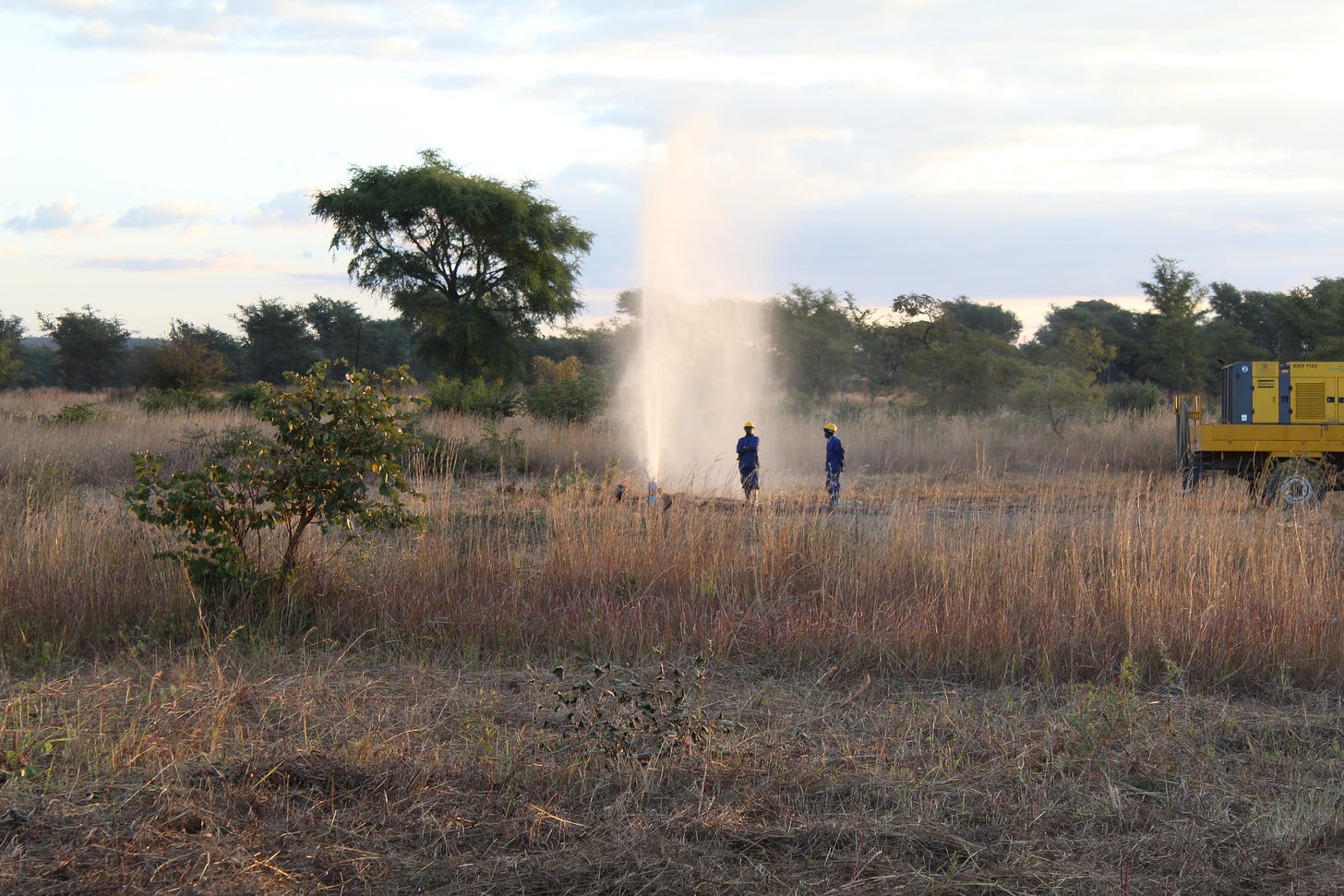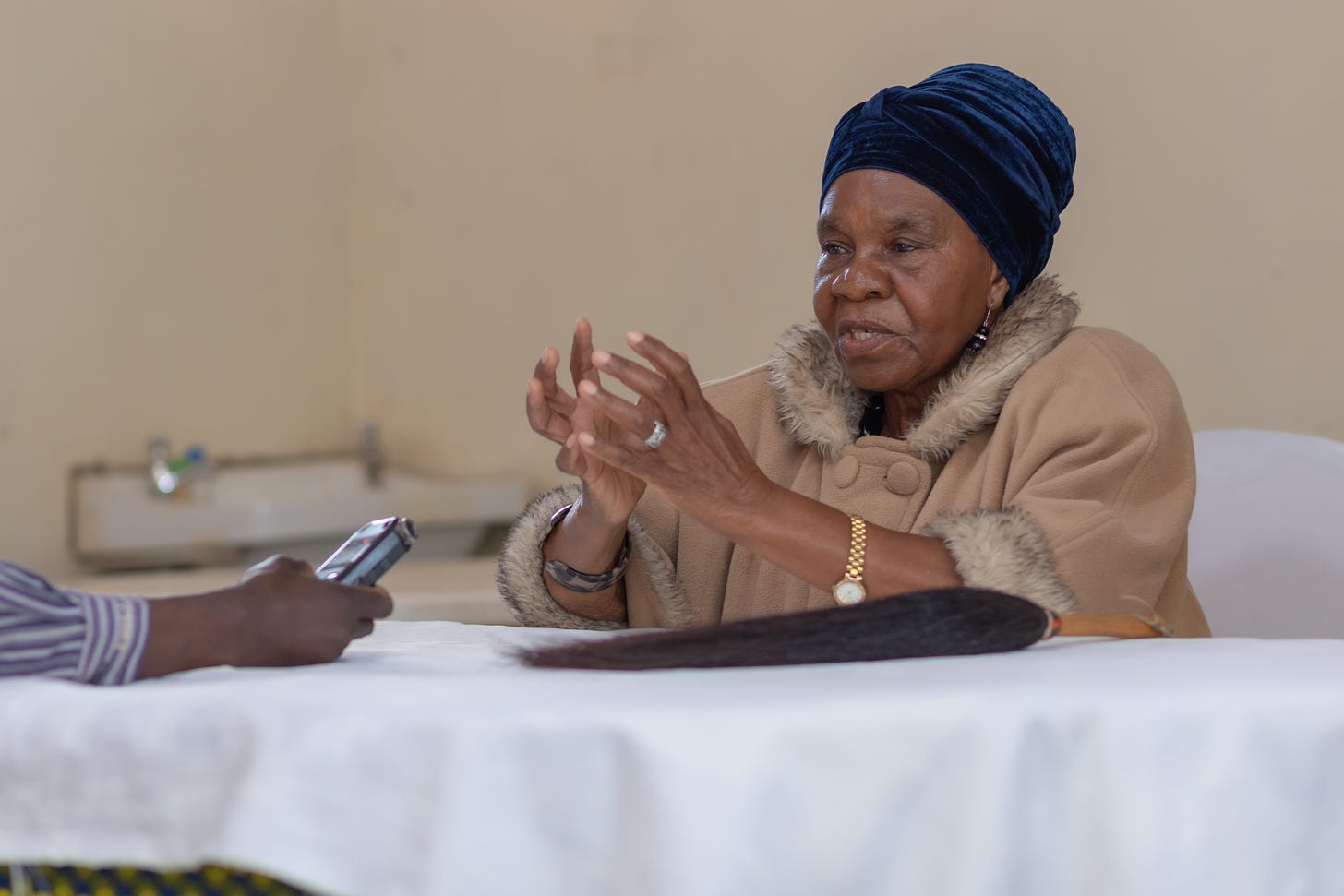Providing access to groundwater to the Chongwe community: A pilot project in Zambia
As Winston Mwale writes, COVID-19 has set new rules for us—regular handwashing, wearing of masks, and frequent sanitization

COVID-19 has set new rules for us—regular handwashing, wearing of masks, and frequent sanitization. All these have become the ‘new normal’ as we embrace physical distancing with the hope of preventing infections and protecting human health.
During this pandemic, one thing is clear; the need for safe water is essential to adjust to the ‘new normal’. But what about those who lack access to clean, affordable and frequent supply of water?
Access to clean water
Access to water is a fundamental right, yet for many, its a grave challenge. Addressing water supply in the rural and urban areas, for domestic and economic use, will enable communities to access this valuable resource for personal and economic development and protect lives from diseases now and in the future.
One such place where water supply and access will change lives is in Chongwe District, in Zambia.
Located 125kms east of the capital city of Lusaka, the District is home to more than 100,000 people who rely on groundwater to fulfil their water needs.
However, lack of adequate water supply coupled with high water demand led to long queues at the communal water points.
Worried, Her Royal Highness Senior Chieftainess Mukamambo ll, told us, “Here in Chongwe, the Council area and its boundaries the water level is very low and as you are aware, in Zambia, in 2018/2019 rainfall patterns changed drastically. Due to population growth and climate change, the community of Chongwe often struggles to access the water.”

Overcoming water shortage in the District
Factors such as increased demand due to population growth, lack of water infrastructure, and climate change and variability leads to water shortage in the District.
To reduce the devastating effect of water shortage and to help the residents of Chongwe get required access to water, three new boreholes have been drilled. These boreholes will improve access to clean water to approximately 12,000 residents.
This has been made possible through the Southern African Development Community Groundwater Management Institute (SADC-GMI), as part of its Sustainable Groundwater Management in SADC Member States project (P127086) financed by the World Bank through grants from Cooperation in International Waters in Africa (CIWA) and the Global Environment Facility (GEF).
The SADC-GMI pilot project in Chongwe will supplement the existing cluster of boreholes while easing the water shortage in the area.
The project also aims to identify and characterize a local aquifer in the region with a sufficient productive capacity to be used for settlement-level water supplies.
The three boreholes will supply an additional 100m3/hours to the existing water reticulation system.
Promoting sustainable management of groundwater
This CIWA-supported project promotes the sustainable development and management of groundwater while enabling gainful economic activities for the community such as agriculture and livestock farming.
Her Royal Highness Senior Chieftainess Mukamambo II expressed her gratitude on behalf of the community for the support given in resolving the water challenges plaguing them for years. This assistance and support, she said, did not go unnoticed and will not be taken for granted.
Anna Cestari, World Bank Task Team Manager for the SADC-GMI project, emphasized, “I have seen the project’s progress. I think this is the result of a vision that integrated water resources management has to be pursued to achieve sustainable water access and use.”
Kenneth Nyundu, Director, Zambia Ministry of Water Development, Sanitation and Environmental Protection, is hopeful that the project will improve water access in the area. For him, this project is a starting point and can be upscaled and rolled out nationally. It will also assist in the mapping of Zambia’s existing groundwater resources and help in developing effective plans for achieving, maintaining and enhancing water security.



